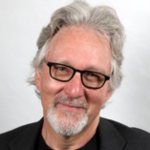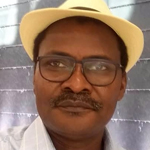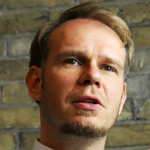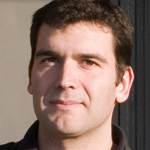This one-day post-conference workshop will introduce participants to broad research approaches and methods in the field of science communication.
Programme
08:30: Coffee & registration
09:00 – 11:00: Designing and implementing large surveys
Professor Martin Bauer (London School of Economics) and Dr Bankole Falade (Stellenbosch University)
Key themes:
- The usefulness of surveys in public understanding of science (PUS) and science communication (SciCom) studies
- The basics of survey research including sampling, interview mode, items types, and questionnaire design
- Examples from PUS research including regular monitors such as Eurobarometer, China Civic Literacy Survey or NSF and PEW on attitudes, OBSERVA in Italy etc.
We will examine keys issues, concepts, associated problems, item construction and questionnaire design, and deliberate the key concepts of PUS research; interest, engagement, knowledge, and evaluative attitudes such as progress and reserve, deference and trust, and demonstrate basic analytical tools from simple (basic) associations to more complex multivariate statistics such as factor analysis, regression models, and typology constructions.
11:00 – 13:00: The science behind science communication: What methods do we need for emerging research agendas?
Professor Dietram Scheufele, University of Wisconsin-Madison, and Morgridge Institute for Research
A 2017 report of the US National Academies of Sciences, Engineering & Medicine examined areas of science communication research with clearly established and generalizable research findings. It also identified a number of under-researched areas that will require significant investment from social scientists working on science communication-related questions. The report urged researchers to consider a systems approach to conceptualizing communication processes, the development of new methodological tools and theoretical models for rapidly changing information environments, and developing evidence-based approaches to dialogue-based forms of communication.
We will discuss some of the methodological challenges identified in the report in greater detail, beginning with a quick overview, followed by small group work among all attendees, aimed at summarizing relevant emerging research, identifying lingering research deficits, and outlining opportunities for future work.
13:00 – 14:00: Lunch
14:00 – 16:00: Social media metrics
Dr Rodrigo Costas, Leiden University and Stellenbosch University
The growing availability of online applications based on the Web 2.0 has opened the possibility to study the interactions between broad audiences and research outputs. The set of these new metrics is what is commonly known as ‘altmetrics’ or social media metrics. Social media metrics have gained great importance in the fields of science communication and scientific evaluation. They are increasingly being be considered as a relevant source to study other types of impact related to scientific activity as well as means to study new forms of scientific communication and dissemination. This workshop will present a global vision of the main tools, theoretical frameworks and analytical possibilities that have been developed in the most recent years. We will provide practical recommendations for the development of altmetric studies related to academic and popular science communication.




